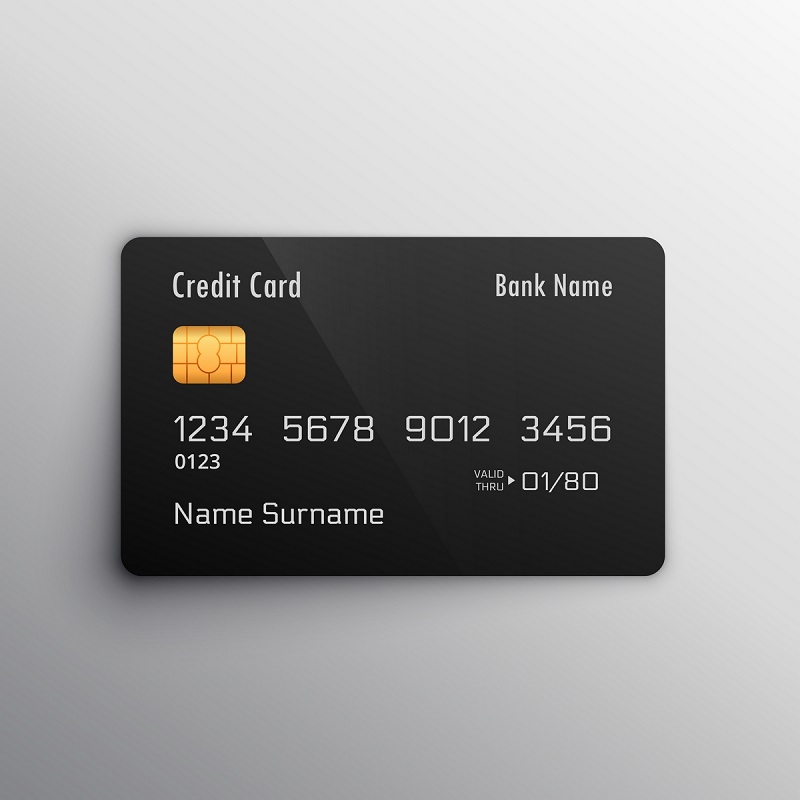By Priyanka Sambhav
All three services RTGS, NEFT and IMPS is today’s need. Hence, it becomes essentially important to understand the difference between RTGS, IMPS & NEFT. Let’s have a look at them:
Real Time Gross Settlement, i.e. RTGS, will be now available round the clock. RBI governor Shaktikanta Das made this announcement in the October 9th policy and said- “In order to facilitate swift and seamless payment in real-time for domestic businesses and institutions, it has been decided to make available the RTGS system round the clock on all days from December 2020. India will be among very few countries globally with 24x7x365 large value real-time payment settlement.”
Fund transfer system NEFT and IMPS were made into 24-hour service in December 2019, and now RTGS will be available on all the days too. Till now RTGS was active only from 7 am to 6 pm.
Difference between RTGS, IMPS & NEFT payment services :
RTGS – Real Time Gross Payment Settlement
RTGS allows large value transaction. The minimum amount that you can transfer through RTGS is Rs 2 lakh with no maximum limit. The payment is transferred in real-time. For an immediate transfer of fund up to Rs 2 lakh and above RTGS is a preferred tool, especially for small businesses. No charges are levied on online RTGS transfer. But if you make this payment in the bank then be ready for some charges along with tax.
IMPS – Immediate Payment Service
IMPS enables small value transaction. You can transfer a minimum amount as low as Rs 1 to a beneficiaries account, but the upper limit is fixed and can not transfer beyond Rs 2 lakh. The desired amount immediately gets transferred. Charges for IMPS are decided by the individual bank and it may differ from bank to bank.
NEFT- National Electronic Transfer of Funds
In contrast to RTGS and IMPS, the fund transfer in NEFT happens in half-hourly basis. As far as the amount you can transfer NEFT has no upper limit to the transaction amount. Nil charges on online NEFT transaction.
When you use these payment systems online, you must have this with you-
-
Account number of the beneficiary
-
Recipients full name which matches his registered name on the account
-
IFSC code of the bank account







